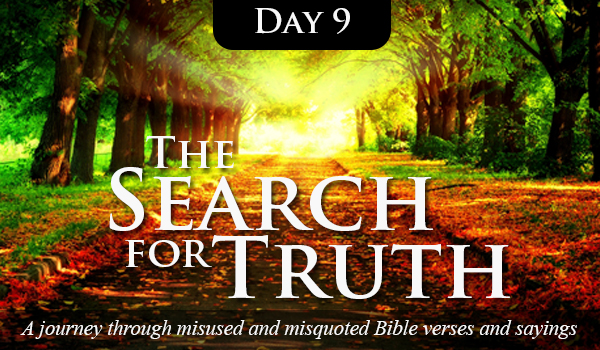
“But about that day or hour no one knows, not even the angels in heaven,
nor the Son, but only the Father.”
Matthew 24:36
In prophecy circles, people love to quote this verse to speak against those who set dates for the “rapture” or the Second Coming of the Lord. While I’m not endorsing date setting, I’m against using this verse for this purpose. To take it literally is to ignore the Jewish context.
The sentence, “No one knows the day or hour” is a Hebrew figure of speech referring to a fall festival, more specifically, the Feast of Trumpets or Rosh Hashanah. It also refers to Jewish wedding customs, but there’s not room here to explain this aspect.
The Hebrew calendar operates on a lunar cycle. Each month begins with the new moon. The Sanhedrin – the supreme Jewish religious body – appointed two witnesses to determine the date of the new moon. They testified independently to the head of the Sanhedrin as to the new moon’s appearance.
The unique challenge that the seventh month of Tishri presents is that the festival of Rosh Hashanah occurs on the first two days of the month. Therefore, no one knew the day or hour it started until the two witnesses reported to the Sanhedrin, and the shofars or trumpets were sounded to herald in the festival.
In short, Jesus was not only referring to Rosh Hashanah or the Feast of Trumpets in this verse, but He was and is telling us that He will return for His people on a future Feast of Trumpets. This verse has nothing to do with date setting as it is interpreted today.
This trumpeted arrival time is affirmed here:
“Listen, I tell you a mystery: We will not all sleep, but we will all be changed —
in a flash, in the twinkling of an eye, at the last trumpet.
For the trumpet will sound, the dead will be raised imperishable, and we will be changed.”
1 Corinthians 15:51-52